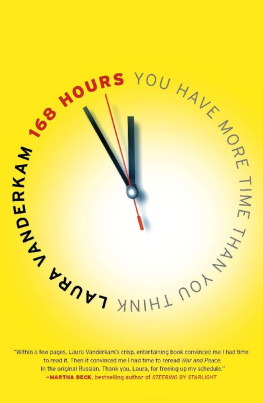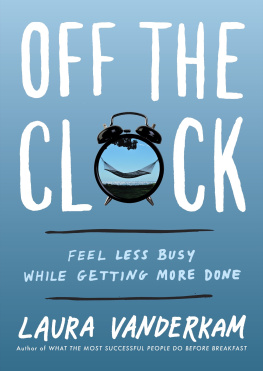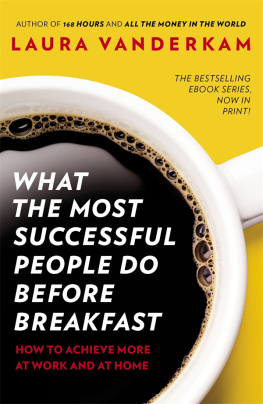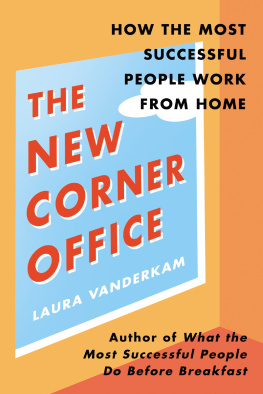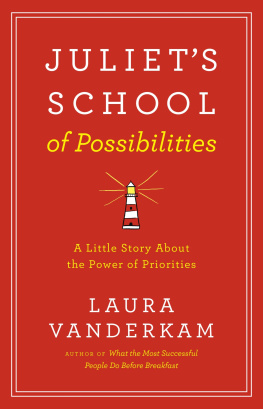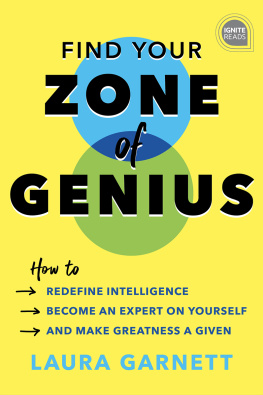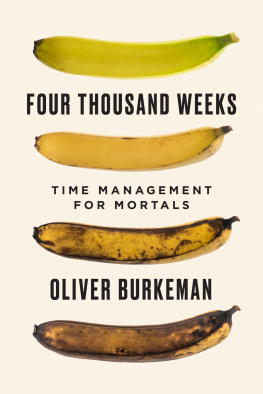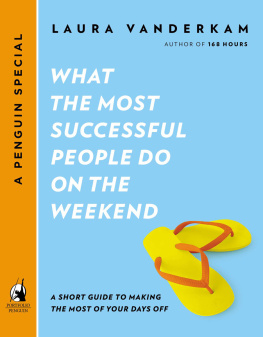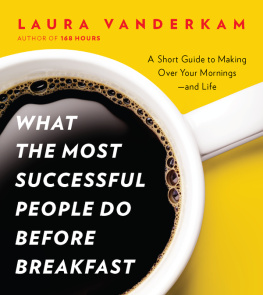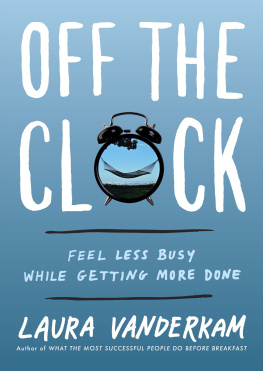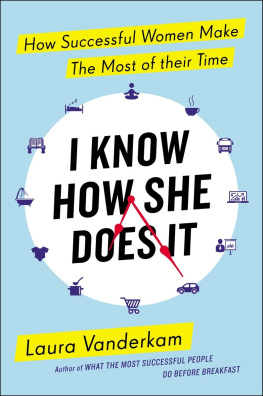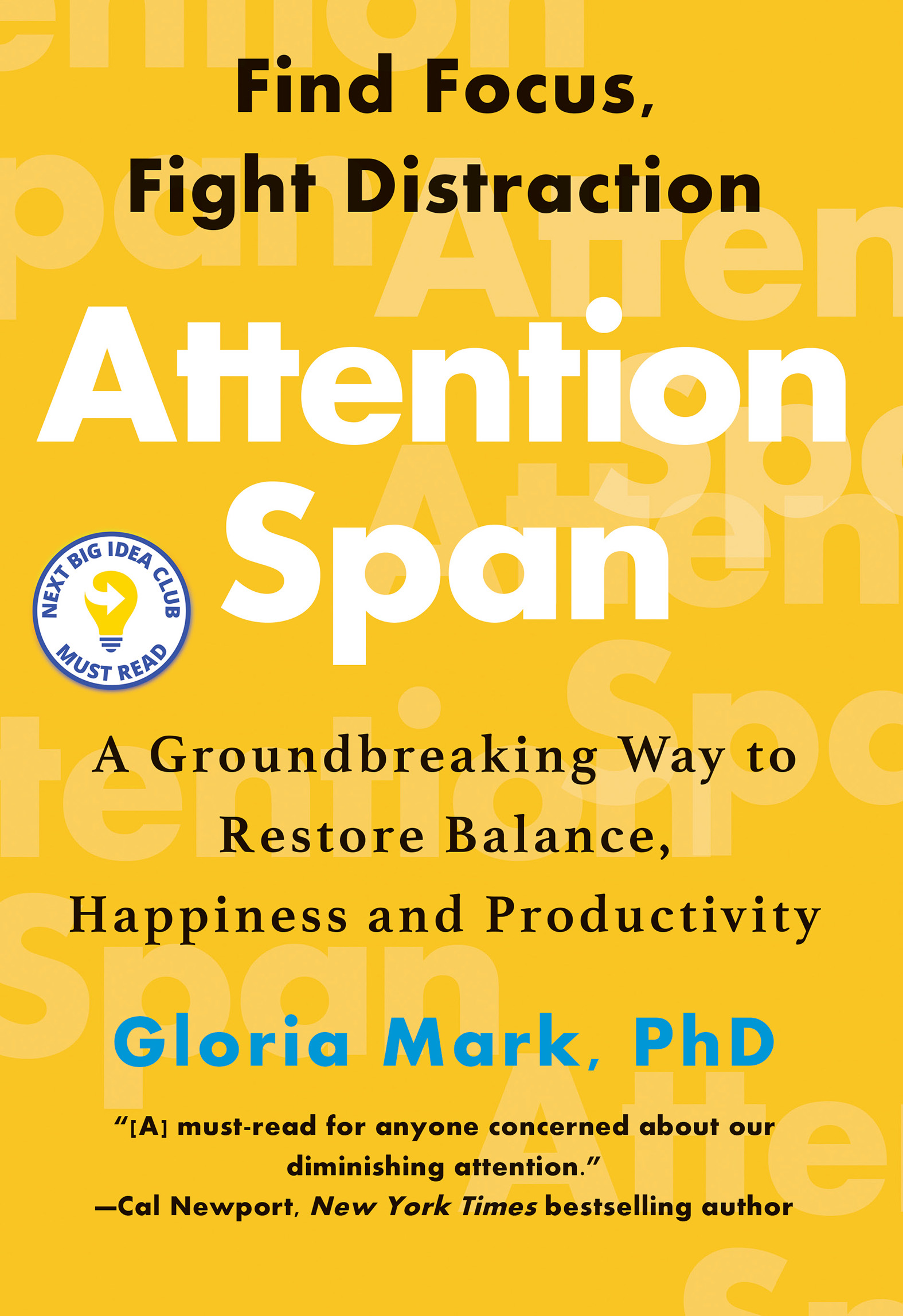
Praise for Gloria Mark
Gloria Mark is the definitive expert on distraction and multitasking in our increasingly digital world. Her book is a must-read for anyone concerned about our diminishing attention span.
Cal Newport, New York Times bestselling author of A World Without Email and Deep Work
This book covers decades of Gloria Marks fascinating research journey into how the rise of computing has affected our personal lives: how we are overstressed, we multitask too much, we are constantly interrupted even by ourselves, and our attention spans have declined to an astonishing 47 seconds. If you are interested in your well-being and how to gain agency in this digital age, then you need to read this book.
Susan David, bestselling author of Emotional Agility
Interruptions are a fact of life. This has long been true, no fancy technology required, but today, we have bright, shiny technology, some deliberately designed to distract and thereby to interrupt. Gloria Marks book is a thorough review of the impact these interruptions have on our lives and mental health. Some interruptions are welcomed, deliberately self-created. Most, however, are not. All interruptions impact the focus of attention, and attention is a critically limiting aspect of human cognition. Dont be distracted by my reviewgo read the book. It is an important and valuable contribution to living in this world of interruptions.
Don Norman, bestselling author of The Design of Everyday Things
Dr. Gloria Mark is Chancellors Professor of Informatics at the University of California, Irvine. She has been a visiting senior researcher at Microsoft Research since 2012. She is a two-time recipient of the Google Research Award and has received a prestigious NSF CAREER award. She has previously held positions as a visiting research scientist at the Boeing Company, a senior research scientist at the German National Research Center for Information Technology and a visiting senior researcher for IBM Haifa, the largest lab of IBMs Research division outside the US. She has had over two hundred papers published in the top journals in the fields of human-computer interactions (HCI) and computer-supported cooperative work (CSCW).
Dr. Mark received her PhD from Columbia University in psychology. She was inducted into the ACM SIGCHI Academy in 2017 in recognition of her leadership and contribution in HCI. She has been a Fulbright scholar and has received a prestigious NSF CAREER grant. She was general cochair of the top conferences of ACM CHI 2017, was papers chair of ACM CSCW 2012 and ACM CSCW 2006, and currently serves as associate editor of the top-tier journals ACMTransactions on Computer-Human Interaction and Human-Computer Interaction.
Attention Span
A Groundbreaking Way to Restore Balance, Happiness and Productivity
Gloria Mark, PhD
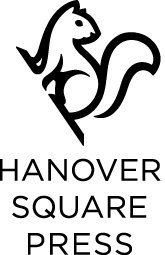
To my mother, who focused on what is important.
Contents
Introduction:
Breaking the Myths of Attention
We think our civilization near its meridian, but we are yet only at the cock-crowing and the morning star.
Ralph Waldo Emerson
Imagine opening your laptop at the beginning of the day. Right away, you are faced with an onslaught of emails. You glance over them, a number of them demanding some thought, and you begin to answer them, realizing each takes quite a bit of effort. You then switch to work on a project that you have to finish today, take some phone calls, but then you receive a notification of another email from your supervisor. You jump to that right away to communicate implicitly to her that you are doing your job. But then your calendar notifies you of your next Zoom meeting. It is only 10 a.m. but you are already starting to feel fatigued. By three oclock you can barely think about that project coming due. You start to work on it and find that you have trouble focusing and keep making mistakes.
Or perhaps your plan for the day is to work on your taxes. But you first check Facebook and find yourself caught up in your friends posts. A link to an interesting video brings you to YouTube, and then you notice recommendations on the sidebar and become immersed in watching other videos. You break away from YouTube and go back to your taxes but then remember you have to send emails about that remodeling job on your house. Once you are in your inbox you see other emails you should deal with. Three hours have gone by and you no longer have the energy nor the inclination to focus on those taxes.
We have developed unbreakable bonds with our computers and phones for much of our waking hours. When you hear a chime on your phone signaling an incoming text you cannot ignore it. The ubiquity of smartphones and internet accessibility has changed norms of both work and personal life with expectations for us to be available 24/7. It is not uncommon for people to report that they wake up in the middle of the night and check their phones for emails and text messages. I have heard this a lot during my research. Any individual who tries to disconnect pays a price for not keeping up with information and messages. Between our competitive world of work and our interconnected social web of relationships, no one can afford to be out of the loop.
A new type of behavior has emerged with the rise of computing where we dynamically switch our attention among different apps, screens and devices. As a research scientist, I have been fortunate in that I have been able to watch (and empirically track) this pattern of attention-switching, and with it, stress and exhaustion buildup, over the last twenty years as we became more reliant on our devices. Simply put, our use of personal technologies affects our ability to pay attention. What I have seen is that in the last two decades, human minds have collectively undergone a striking change in how they focus on information. But I have also seen how stress is associated with attention-switchingwe need to take this seriously as the World Health Organization identified stress as a health epidemic of the twenty-first century. At the time of this writing, the world has been struggling through a pandemic, people are spending more time than ever on their devices, and stress has increased.
I am, by training, a psychologist, but I almost didnt become one. The microbiologist Louis Pasteur wrote that chance favors the prepared mind, and it was by chance and with a mind open to opportunity that I entered this field. The truth is, I started out as an artist and never thought I would do anything else. I studied fine arts at the Cleveland Institute of Art, specializing in painting and drawing. I was deeply entrenched in abstract expressionismso deeply, in fact, that years later when I read the notebooks that I kept while painting, I couldnt make sense of them. The writing was too abstract from my current perspective as a scientist.
After graduating, I received a fellowship from the British Arts Council and went to London to paint murals. But during that year, I experienced the reality of how difficult it was to make a living as an artist. I also learned that one recent talented art school graduate was now studying to be a dental hygienist to make a living (a fine profession, but not one that requires years of art training). I had also heard that another artist I knew was working as an elevator operator. While some people might be so dedicated to their art that they were willing to spend eight hours a day at a job that they didnt like to support their passion, I quickly realized that this life was not for me. Fortunately, I was also good at math, and I knew that it was a lot easier to make a living using those skills.
Next page

